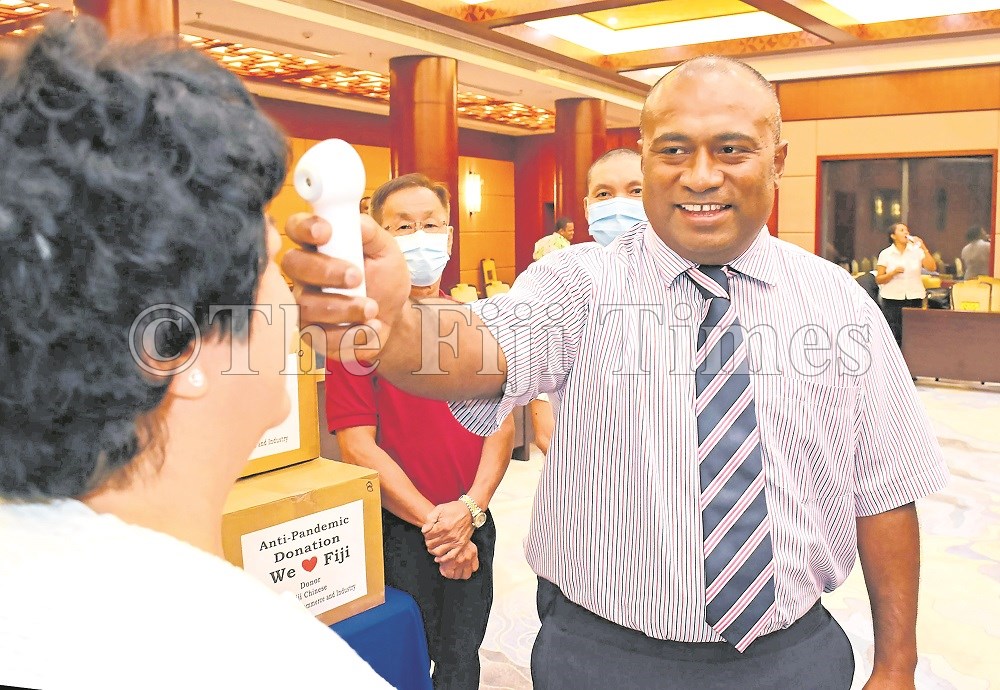MAY 14, 2020, was touted as the day Fiji would be declared “COVID-19 free”.
Perhaps a coincidence because this is also the anniversary date of Fiji’s first coup, 33 years ago.
This date is forever etched in the memory of a generation of Fijians.
It is significant for many reasons; the triumph of indigenous sentiments, suffering, discrimination, brutality, hardship, desperation and insecurity.
There are some parallels between the responses to and experiences of coups in Fiji and that of the current global pandemic.
One in particular is the control of physical movement via lockdowns and curfews and the subsequent criminalisation of those caught violating these restrictions.
In the absence of a vaccine, the only response we have to containing the spread of COVID-19 rests with basic hygiene practices and social isolation. The latter is necessary because human beings are the main vectors for the virus.
These are extraordinary times, requiring extraordinary measures. Lockdowns were enforced globally. In Fiji, targeted geographical lockdowns and curfews were introduced beginning in Lautoka after the first case of COVID-19 was made public on March 19.
Subsequently, gatherings of 20 or more people were banned and on March 29 a nation-wide curfew took effect.
However, these measures via the Public Health (COVID-19 Response) (Amendment) Act 2020 have catapulted many individuals into overnight ‘criminals’.
The media have reported on perceived news worthy breaches like that of the vice-chancellor of the University of Fiji who evaded the Lautoka lockdown to board a plane out of Nadi, the Catholic priest who held a service for more than 20 people in a village on Ovalau and the 19-year old University student whose crime was being affectionate with her partner.
Apart from these stories, the majority of breaches are by ordinary citizens who for one reason or another made bad judgement calls and found themselves on the wrong side of the law.
To date close to 2000 people have been arrested for breaching curfew and social gathering restrictions. Unfortunately, a few of these individuals have been identified and further victimised in the media.
In a surprising twist, High Court Judge Justice Salesi Temo on May 14, set aside sentences imposed on 49 related COVID-19 breach of restriction cases including that of the highly publicised conviction of the 19-year old university student. The ruling was then overturned by the Acting Chief Justice.
This appears to be another May 14 coincidence but a human one at best demonstrating that the law can have a “heart” after all.
COVID-19 is offering us many opportunities to reimagine the society we wish for ourselves.
One conversation long overdue in Fiji is that about how we wish to be treated and the treatment we wish for others within the justice system.
This can include things like, reasons for breaching curfew and social gathering restrictions in this instance, the actions of law enforcement officers and what the justice system looks like for our population in particular marginal groups like young people, women and the unemployed.
May 14, has become a day of remembrance not only of these contemporary events but of the arrival on this day in 1879 of the first Indian indentured labourers.
Perhaps, this act of remembering could include reflecting on what appears to be a trending Fiji social media hashtag veilomani and what this phrase and concept really means for us.
- Dr Patrick Vakaoti is a senior lecturer in sociology, gender studies and criminology program at the University of Otago. The views expressed are his and not necessarily of this newspaper.




